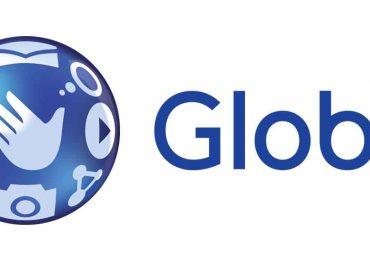Business process outsourcing (BPO) has been one of the most dynamic industries in the Philippines over the past decade. It is now the country’s largest source of private employment, as well as the second largest source of foreign exchange remittances.
Between 2004 and 2014, the Philippines grew its global market share in BPO from 4 percent to 12.3 percent, with the Oxford business group forecasting a 19 percent share by 2020. And with the government’s current push for digital adoption, the Philippines is expected to claim an even stronger position as a leading offshoring destination in the short term.
The cost savings of offshoring certain business processes are well established. However, these benefits have until now mainly been realized only by large enterprises, which have the knowledge and capacity for successful internationalization that many small-medium enterprises (SMEs) lack.
Specifically, SMEs don’t have the economies of scale, nor the well-established processes, required for traditional offshoring arrangements. SMEs also often lack the resources to establish subsidiaries in host countries, and may not be willing to shell out the enormous sunk costs for this.
This represents a striking gap – as well as an opportunity – that the government now hopes smaller BPO centres in the Philippines will close. In January 2017, the state-run Philippine Institute for Development Studies (PIDS) published a policy note on the promise presented by micro-offshoring, encouraging local BPO centres to sell their services to Australian SMEs, which make up 99 percent of total business in that country.
A BPO FOR SMEs
This was the opportunity seen by the relatively young Hammerjack when it decided to set up shop in the Philippines in 2015. But unlike other micro-offshoring providers, which offer seat-leasing arrangements where customers still have to co-manage the outsourced desks and workers, Hammerjack is the first to offer fully managed services to Australian SMEs.
“We offer small and medium business in Australia two things: digital transformation and enterprise-grade managed services,” says Andrew Mault, Hammerjack’s country manager and a Philippine BPO veteran who oversees operations from the company’s Makati offices. “We help these businesses have better products, services, and processes through digital tools from Microsoft. And we provide a fully managed serviceat lower cost, allowing them to focus on their core business.”
Hammerjack’s business is based on the idea that even the smallest companies, regardless of the industry they’re in, can benefit greatly from enterprise-grade tools and processes. This covers digital transformation, which Hammerjack sees as the leveraging of new digital technology to become more agile, secure, responsive, and efficient in day-to-day operations.
It likewise covers the company’s outsourced services, which are available to everyone from small bookkeeping companies and car garages, to mid-size accounting firms, larger wholesalers, and chain gyms.
Nick Hastings, who oversees business development back home in Australia explains “You could save up to 70 percent on a seat-leasing arrangement, however to see holistic benefit you would realistically need to pay for a large volume of seats and manage the resources yourself without offshoring experience from 6000km’s away, In most cases it’s a false economy with a high turnover rate.
Or, you could save 50 percent, but then have the resource fully managed by us, with the experience, letting you focus on the things that drive your business,”
CONTINUE READING…












